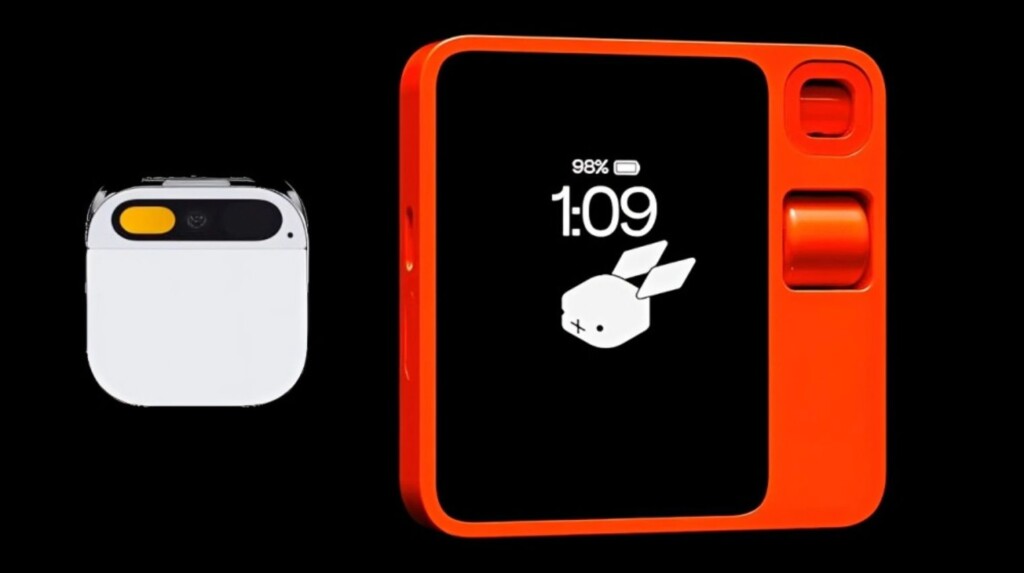Weeks following the critical reception of Humane’s AI Pin, the Rabbit R1 appears to be encountering a similar fate. Marketed as the pinnacle of human-machine interaction, the Rabbit R1, a collaboration between Rabbit Inc. and design firm Teenage Engineering, boasted a striking orange aesthetic and was hailed as the embodiment of the future of interface technology during its unveiling at Mobile World Congress (MWC) 2024. However, as pre-orders started shipping and initial reviews trickled in, it became evident that the device was not living up to its lofty expectations.
Many reviewers have highlighted significant issues with the Rabbit R1, particularly concerning latency and hallucination-related problems. Additionally, despite being a touch-enabled device, the R1 is reportedly limited to keyboard inputs, a departure from typical smartphone functionality, which some speculate may be an attempt to carve out a distinct niche in the market. Battery performance has also come under scrutiny, with reviewers noting the need for multiple recharges throughout the day and prolonged charging times despite a relatively small battery capacity.
Critiques from outlets like Mashable have characterized the Rabbit R1 as a visually appealing but flawed gadget, citing its inability to perform basic tasks such as web browsing or making calls directly from the device despite having internet connectivity. Similarly, The Verge described the R1 as a “fun, funky, unfinished AI gadget,” comparing its vibrant yellow design to a Picasso painting of a smartphone. However, shortcomings such as a lackluster camera and subpar speaker quality detract from its overall appeal.
According to CNET, the Rabbit R1 attempts to replicate smartphone functionality but falls short due to various limitations, including restricted touch input options and rapid battery drainage. While some reviewers have noted the device’s lower price point and compatibility with any cellular network as redeeming qualities compared to the Humane AI Pin, the general consensus seems to be that the Rabbit R1 fails to deliver significant advancements in human-machine interaction.
Jesse Lyu, CEO and founder of Rabbit, spearheaded the development of the Rabbit R1, positioning it as a competitor to the Humane AI Pin, created by Humane Inc., a consumer electronics company established by former Apple executives Imran Chaudhri and Bethany Bongiorno in 2018. Despite its promising premise, the Rabbit R1’s tepid reception suggests that it may still have a long way to go before achieving widespread acceptance in the ever-evolving landscape of AI technology.
